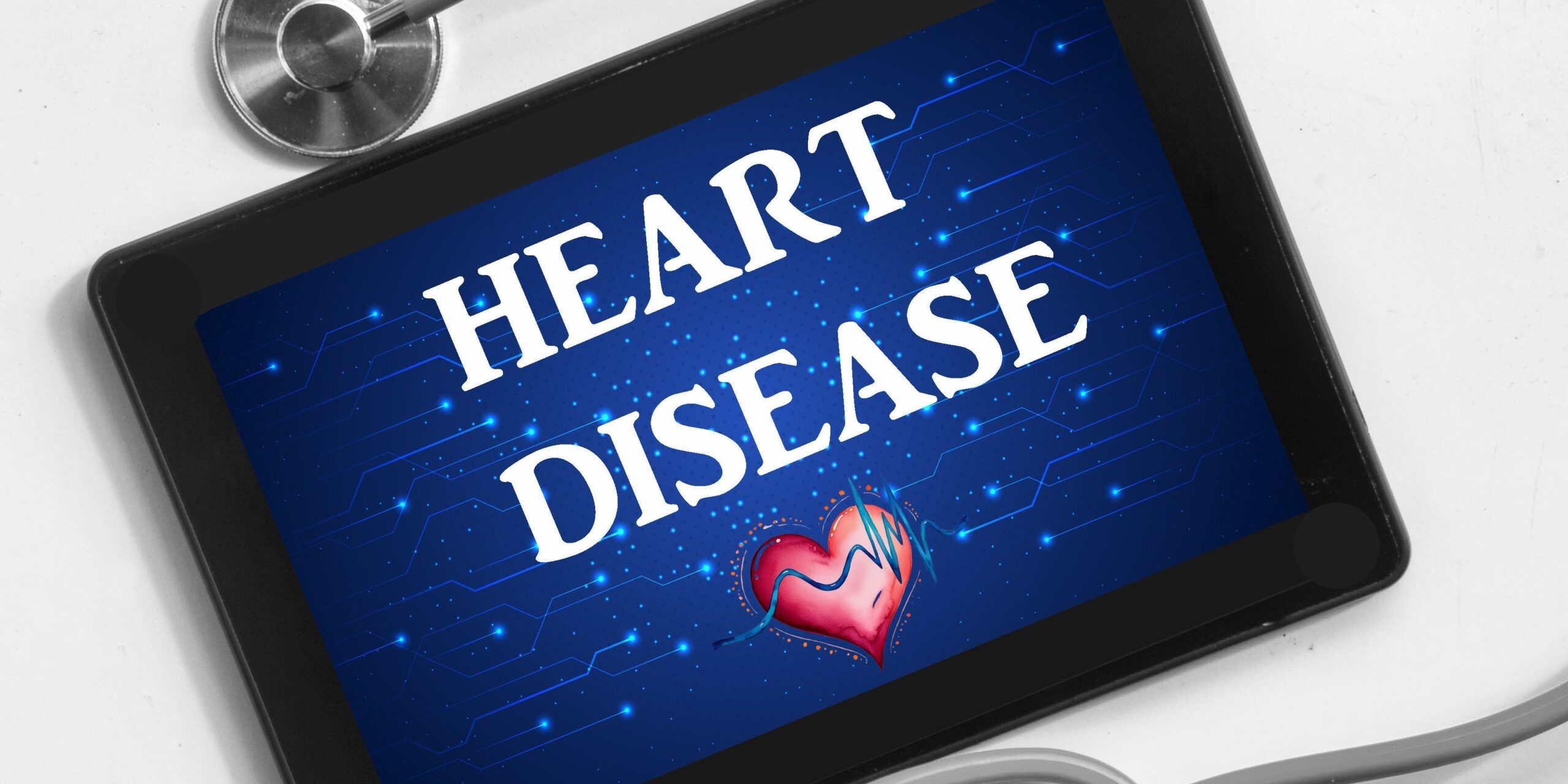
Heart Disease and Stress
What You Need to Know<
Stress is a normal part of life, but chronic stress can affect your heart and overall health. Understanding how stress impacts heart health, recognising the warning signs, and adopting strategies to manage it can play an important role in reducing the risk of heart disease.
How Stress Affects the Heart
When you experience stress, your body reacts by releasing stress hormones such as adrenaline and cortisol. This “fight or flight” response can cause:
- Faster heart rate
- Higher blood pressure
- Narrowing of blood vessels
- Increased blood clotting potential
Over time, prolonged stress can contribute to the development or worsening of heart disease, including:
- Coronary artery disease (narrowing of the arteries)
- Heart attack
- Arrhythmias (irregular heartbeats)
- High blood pressure
Common Sources of Stress That Affect Heart Health
Stress can come from a variety of sources, and it affects people differently:
- Work-related stress - Long hours, deadlines, or job insecurity.
- Financial worries - Managing bills, debts, or retirement income.
- Relationship stress - Conflict with partners, family, or friends.
- Life changes - Moving house, bereavement, or illness in the family.
- Health concerns - Coping with chronic illness or other medical conditions.
Recognising Stress Symptoms
Stress doesn’t just affect the mind, it can show up in your body too. Watch for:
- Chest pain or tightness
- Rapid heartbeat or palpitations
- Shortness of breath
- Fatigue or trouble sleeping
- Feeling anxious, irritable, or overwhelmed
If you experience severe chest pain, seek immediate medical attention, as it could indicate a heart attack.
Healthy Ways to Manage Stress
Managing stress can protect your heart and improve overall wellbeing. Some effective strategies include:
1. Exercise Regularly
- Activities like walking, swimming, cycling, or yoga help lower blood pressure and reduce stress hormones.
2. Relaxation Techniques
- Deep breathing, mindfulness, meditation, or listening to calming music can help slow the heart rate and reduce tension.
3. Healthy Lifestyle Choices
- Eat a balanced diet rich in fruits, vegetables, and whole grains.
- Avoid smoking and limit alcohol intake.
- Prioritise regular sleep to allow your heart and body to recover.
4. Social Support
- Talking to friends, family, or support groups helps relieve emotional pressure.
- Sharing worries and maintaining strong relationships can reduce the impact of stress on the heart.
5. Professional Support
- Counselling, cognitive behavioural therapy (CBT), or stress management programmes can help you develop coping strategies.
